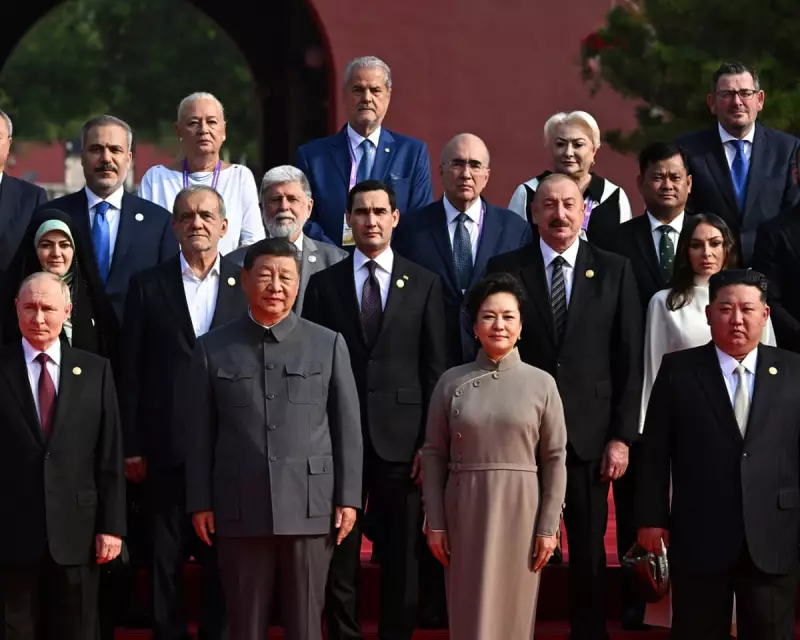
A political firestorm has engulfed Question Time as the federal Opposition launched a fierce offensive against the government, demanding answers over the overseas activities of two former Labor premiers.
Former Victorian Premier Daniel Andrews and ex-NSW Premier Bob Carr find themselves at the centre of a mounting diplomatic row, with their engagements in Beijing and reported interactions with Russian President Vladimir Putin drawing intense scrutiny from the Coalition.
Coalition's Question Time Onslaught
Led by Deputy Opposition Leader Sussan Ley, the Coalition turned parliamentary proceedings into a high-stakes interrogation. The government benches faced a barrage of questions designed to force Prime Minister Anthony Albanese into accounting for what critics are calling 'freelance diplomacy' by prominent Labor figures.
The timing couldn't be more sensitive, with Australia navigating complex relationships with both China and Russia on the global stage. The Opposition's strategy appears focused on painting the government as losing control over Australia's foreign policy narrative.
The Beijing and Putin Connections
While specific details of the engagements remain contested, the mere suggestion of former high-ranking officials conducting independent dialogues with adversarial governments has sparked concerns about potential conflicts with Australia's official diplomatic stance.
The situation raises fundamental questions about the boundaries between private citizen diplomacy and government-sanctioned foreign relations, particularly when involving figures with substantial political influence and connections.
Government's Defence Strategy
Government ministers have been forced into a defensive posture, attempting to distinguish between private citizen activities and official government policy. The Prime Minister's office has emphasized that all Australians, including former politicians, must operate within the framework of the nation's foreign policy and security interests.
However, the Opposition maintains that when individuals of such stature engage with foreign powers, the lines become blurred, potentially undermining Australia's unified diplomatic front.
Broader Implications for Australian Diplomacy
This controversy touches on deeper questions about how Western democracies manage relationships with global powers like China and Russia in an increasingly polarized world. The incident highlights the challenges governments face when former officials pursue international engagements that may not align with current foreign policy objectives.
As the debate continues to unfold, all eyes remain on Parliament House, where the political drama shows no signs of abating. The government's handling of this sensitive issue could have lasting implications for Australia's diplomatic relationships and domestic political landscape.





